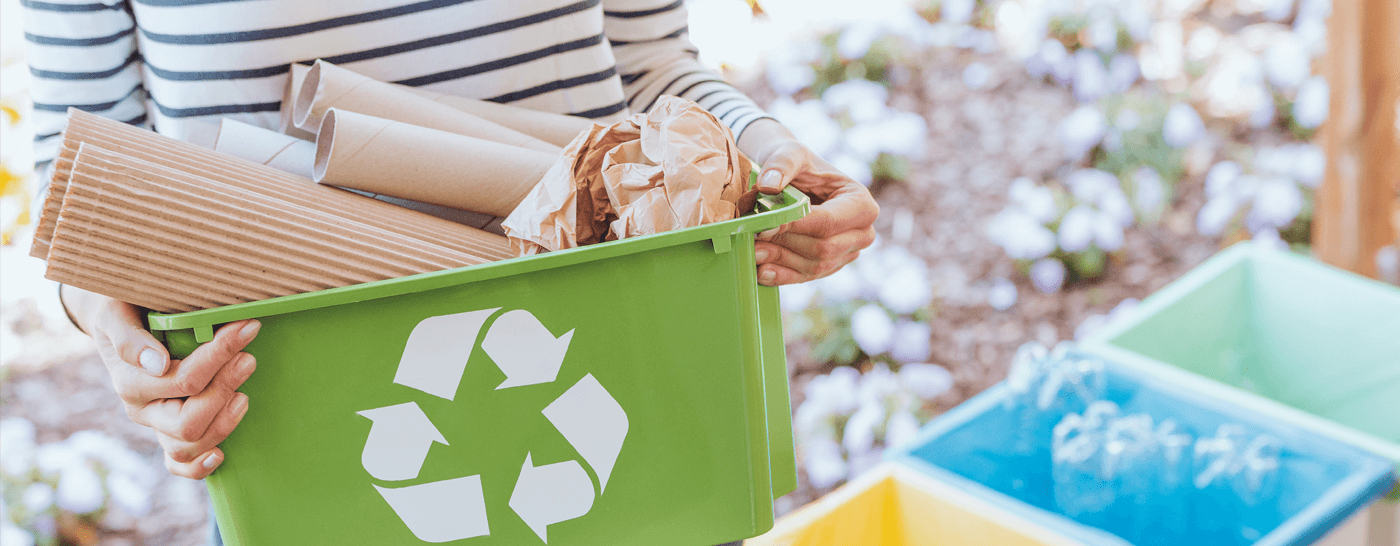Congratulations! You’ve started a recycling program, and you’re on your way to beautifying your property, reducing your carbon footprint, and saving money on waste. But after the initial allure of making a smart economic and environmental choice, how do you, with the cooperation of your tenants, keep the ball rolling? And how do you get more people to participate?
Here are a few tips for starting a recycling program at your rental properties.
Constant Communication & Outreach
When doing outreach, you’ll need to think of the public in two different groups: recyclers and non-recyclers. When communicating with those who already recycle, focus on where, when, and what to recycle. Striking the right chord with non-recyclers, though, involves a bit more effort and creativity. When pitching ideas to them, it’s best to avoid doom-and-gloom environmental messages and guilt-based tactics, and instead focus on the positive benefits of recycling.
Additionally, make sure tenants and staff know all their disposal and recycling options by posting messages on or near dumpsters and bins in the property’s main trash collection area. Display a list of area donation centers and thrift stores that take household items and clothing, as well as places that accept hazardous materials, electronics, and construction or landscape materials.
Know Your Recycling Hauler & Your Contract
For those property managers who have the freedom to contract with any area hauler, evaluating your contract regularly can ensure your program stays economically successful. Are there other haulers out there that are less expensive? Does your contract have the flexibility to scale without breaking the bank as your recycling program grows? Does the hauler offer incentives for hauling large volumes of recycled materials weekly or monthly?
Evaluate Your Collection Methods
For a strong recycling program, take time to evaluate current operations and plan for the future. Look at which materials are recycled the most and ensure collection bins are clearly labeled. And always listen to feedback from your tenants. Not every tenant is willing to tell you whether your current process works well or not, so ask their opinion periodically, suspending judgment so the answers they provide are unfiltered.
What Recycling Programs Does Your City, County, or State Offer?
Many local government entities provide a variety of services to promote more recycling. Many services and programs are low cost or free, so why not take advantage of them?
For example, Minnesota’s Hennepin County, which encompasses Minneapolis and its metropolitan area, offers free educational materials and on-site assistance to property owners and managers. Resources are also available for apartment residents who are passionate about recycling and want to serve as advocates.
Contact your local city government or county to see what help they may offer to property owners and managers.
You’re recycling program can continue to be successful and grow, but you do have to make it a priority. The bottom line: Communicate with your staff and tenants, make sure you’re getting the best deal from haulers, and take advantage of all the help available, some of which is free.
Read more on Maintenance

